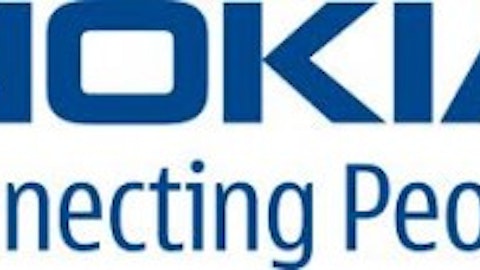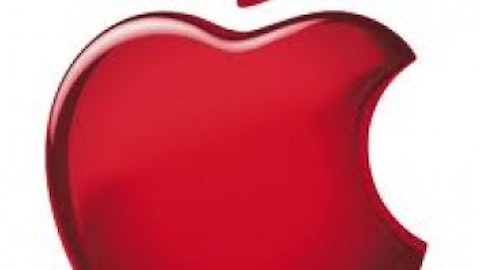The new Windows 8 touch screen hybrids include Hewlett-Packard Company (NYSE:HPQ)’s Envy X2 convertible, Dell Inc. (NASDAQ:DELL)’s XPS 12, Acer’s Iconia tabs and Asus’s Vivo tabs. Touchscreen ultrabooks have also been released including HP’s touchsmart Ultrabook. These touch-screen laptops will focus on the customers who still want powerful laptops, along with touch-screens, in order to get a full experience of Windows 8. However, 2013 is the year for hybrids and convertibles, and we’ll have to wait and see how these devices perform in the tablet and PC market.
Microsoft’s entry into hardware
Microsoft’s Surface tablet was one of the most awaited tablets of the year, but it didn’t receive the reception that many people were hoping for. After the announcement of the Surface tablet, it seemed that this was what people needed to move away from Apple’s iPad and cheaper Android tablets. One of the main reasons for this was that many were expecting the Surface to replace their laptops.
The Surface RT was nowhere near a full PC, except that it featured Microsoft Office. The RT version of the Surface is still solid, but sales didn’t go as well as expected. After people found out that the Surface couldn’t run traditional Windows apps, a lot of these people started to move away from the tablet. The ones who bought the tablet got it for the Windows 8 “metro” or “modern” UI, along with Microsoft’s touch-sensitive cover that doubled as a keyboard.
The recently released Surface Pro has already received a number of negative reviews. The Pro version of the tablet is what people were looking for, but for the $800-plus price tag, a Core i5 tablet with a laptop-like experience seems too expensive. While the Surface Pro is a very good device, it couldn’t function as a tablet due to the lower battery life of Intel’s power-draining Core i5 processor. Furthermore, it’s almost impossible to use the Surface Pro as a laptop on your actual lap.
Another reason why the Surface Pro received negative reviews is that Microsoft’s partners are outperforming it. Companies like HP, Dell and especially Lenovo have released some fantastic devices, based on the Microsoft Surface idea, but with a more laptop-like experience. Most of the hybrids feature keyboard docks, which double as an additional battery, and their hinges make sure that users can use the device as a laptop on their laps.
Final Verdict
The Surface line might turn out to be a wrong step taken by Microsoft, or it could prove a step towards growth by the end of 2013 if sales start to rise. Even if the Surface turns out to be a mistake, Microsoft still has a lot of things to be optimistic about. When Windows 8 was released, it didn’t perform well at all, but now Microsoft claims that Windows 8 is on par with Windows 7’s record license sales.
It’s only been 3 months or so since the release of Windows 8, and the company has already sold over 60 million licenses. Tami Reller still believes that this is just the beginning of Windows 8 with severe growth expected in 2013. Also, 2013 looks like the year for Windows 8 hybrids, which might finally knock out the iPad and Android tablets. There are mixed opinions on Microsoft’s future at the moment, but 2013 will certainly be an important year for the company going forward.
The article What Does 2013 Hold For Microsoft? originally appeared on Fool.com and is written by Yasir Idrees.
Copyright © 1995 – 2013 The Motley Fool, LLC. All rights reserved. The Motley Fool has a disclosure policy.





